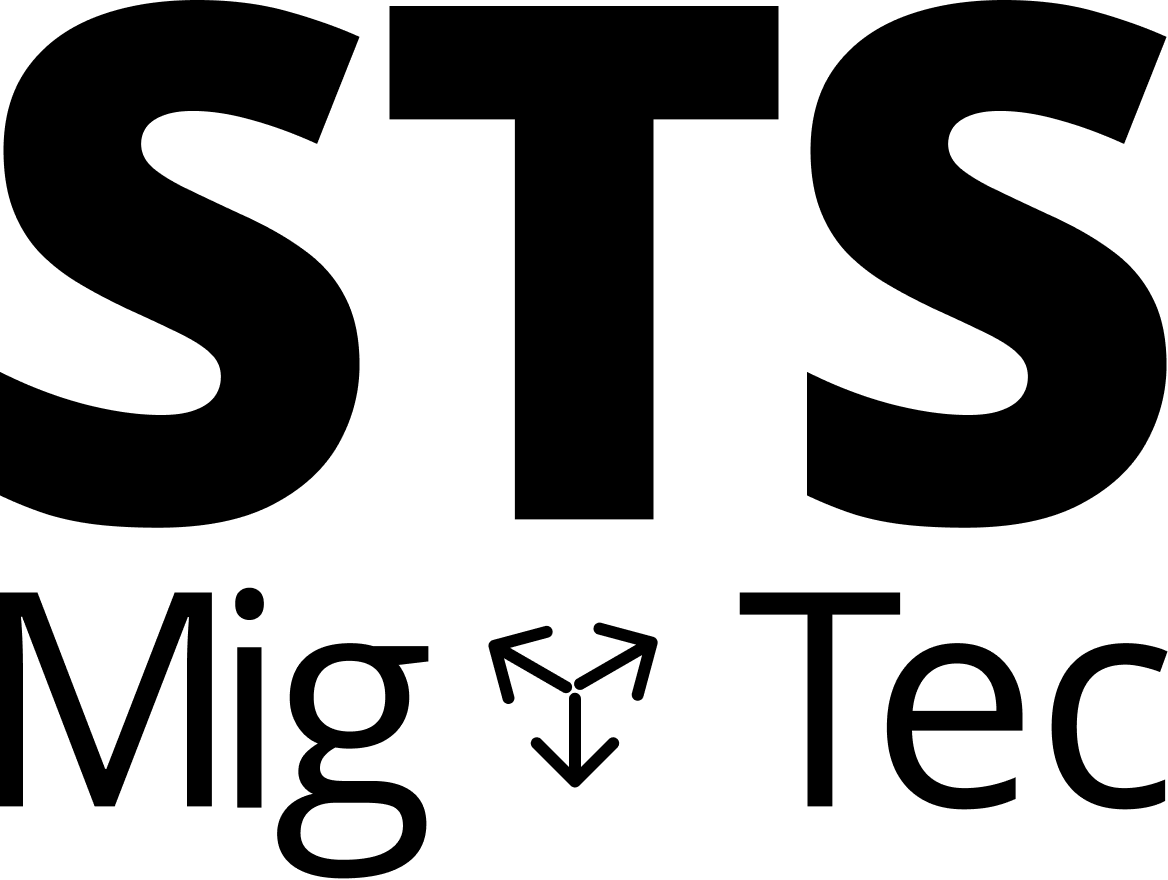Abstract
This paper is part of a larger project which considers the position of migrants, refugees and asylum seekers as subjects with health needs, entangled on the one hand in systems of border control and enforcement, and on the other seeking and accessing care within national health systems in Europe. Taking as an entry point the recent (2022) mass reception of Ukrainians fleeing the war in Poland, this paper draws attention to the infrastructural aspects of healthcare and border control, showing how they have come to mesh and intersect.
I will argue that these intersections reflect a technopolitics of bordering, which is a form of governance that asserts the primacy of border control over the state’s other functions and duties, such as the provision of (health) care. The technopolitics of bordering entails incorporating digitally mediated health checks into border control, and vice versa, the incursion of border enforcement into the clinic. This can take different forms, from passport checks as a condition of being seen by a doctor, to the demands to share digital patient records with immigration authorities.
Such emerging configurations of healthcare and border infrastructures obstruct healthcare access for migrants, refugees, and asylum seekers. In doing so, they put patients who are migrants at risk and worsen health outcomes for these communities. However, in Poland and beyond, these developments have also generated new focal points for the contestation of contemporary border regimes, and they have prompted a creative rethinking of healthcare as an ethical practice.
Infrastructures of health and border control. The case of Ukrainians seeking healthcare in Poland
Karolina Follis (Lancaster University)
About the event
“STS-MIGTEC circle” is a small format which takes place once a month and which serves to reflect jointly on work-in-progress contributions related to the themes of interest to STS MIGTEC. The idea is to create a safe space for probing and experimenting with ideas, arguments, attempts of analysis, sense-making of empirical material.
